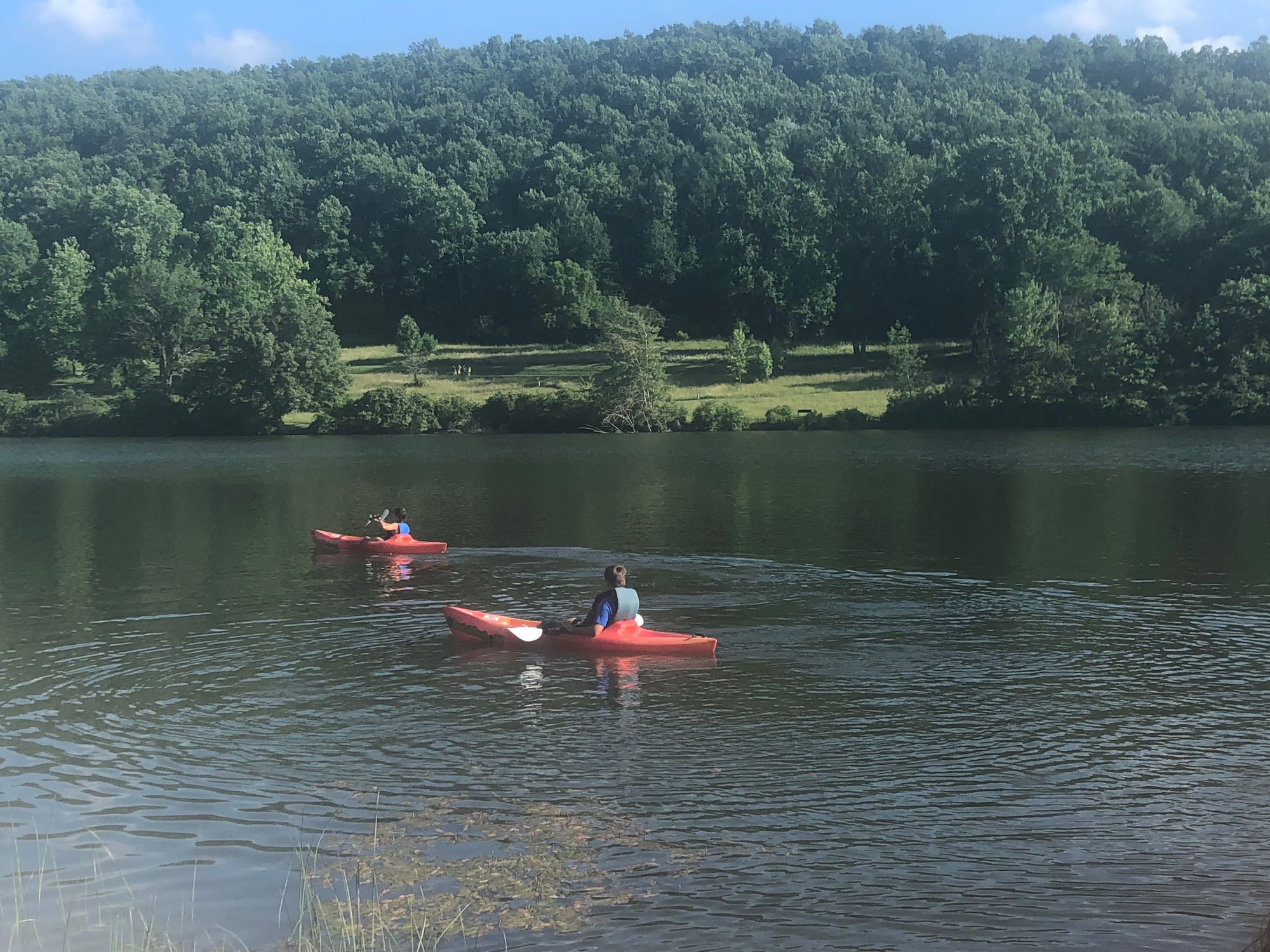Sparing vs Sharing - IMPORTANT

As discussed yesterday, I am going down the rabbit hole of Conservation Funding.
I keep finding reports that suggest we need to increase world-wide conservation funding by around 700+ billion dollars a year in order to avoid catastrophic biodiversity loss.
This call is gathering steam, and world leaders are apparently figuring out how to make it work.
This seems like an important project. Who is behind this project? What models of conservation are they proposing? Where is the money going?
We can't afford to get this wrong.
Here's what I've found so far.
The origin of this call is a report published by the Paulson Insitute, the Nature Conservancy, and the Cornell Atkinson Center for Sustainability.
The Paulson Insitute is the self described "think and do tank" of Henry M. Paulson Jr. - former CEO of Goldman Sachs.
Here's some interesting history.
Henry M. Paulson was CEO of Goldman Sachs during the time the company was performing the risky real estate bets that led to the financial crisis in 2008. Goldman Sachs was not alone in this behavior, but they were a big player.
By the time the crash happened, Paulson was no longer working for Goldman Sachs. He had moved on to a new position. He was the U.S. Secratary of Treasury at this point.
This is the same time period where the Treasury controversially decided to bail out the banks.
He was the guy who proposed the bailout.
I don't know what to make of this, but there seems to me to be a pattern of a conflict of interests.
So let's get back to whats going on right now.
The report is hosted on the Paulson Institute website.
If you visit, you will notice that the website heavily focuses on China.
Actually, focus isn't the right word.
The only thing the website seems to talk about is a US-China relationship that is based on the US investing into "greening" China.
Just to be clear here, we are talking about taking public US money and directing it into China.
At an alarming scale.
Here are some quotes that jump out at me.
"While China has grand ambitions, the government is only able to provide 15% of the $1 trillion price tag. The Paulson Institute is collaborating with different parts of the finance ecosystem to think creatively about innovative financing structures as well as build capacity for green finance."
"Together with policy-setting, China will need a significant amount of investment as well with some estimates calling for at least 100 trillion yuan annually from 2020 to 2050."
According to google, 1 yuan is $0.15.
They are calling for 15 trillion dollars a year to be invested into China.
This comes from their overview of....
Wait for it...
Chinese CARBON MARKETS.
I haven't talked about carbon markets enough here.
Carbon markets are rife with fraud.
Here is what Chris Greenberg of Greenpeace says about them...
Carbon offsetting is truly a scammer’s dream scheme. It’s a bookkeeping trickintended to obscure climate wrecking-emissions. It’s tree planting window dressing aimed at distracting from ecosystem destruction. It is the next big thing in greenwashing — and we must not be fooled.
For now, let's get back to the Paulson Institute and the "Financing Nature" report.
I will link to the report below for those that want to begin reading it.
There are 200+ pages to dig through, but one of the big takeaways for me already is that this money is intended to flow to "sparing".
Sparing is the idea that the correct model of conservation is intensifying ag production into smaller areas so that more land can be fully rewilded.
The other side of this debate is the "sharers". Sharers claim that we need to integrate humans and nature and use systems that aren't so destructive.
The sparers claim that it is better to completely eliminate nature in small areas that are set aside for humans, while giving larger chunks back to nature in full.
The net result of the sparing side of the debate is centralization of farms and humans living primarily in high-density population centers.
If you go look at the citations for why "sparing" is demonstrably better (in their view), they cite projects in Africa that led to short term biodiversity increases in areas where the farming was condensed to fully rewild other areas compared to an integrated approach.
I have not been able to get any details on what agricultural models were actually studied.
Going back to the report, one of the main funding proposals is to increase subsidies that support farmers on the sparing side of the aisle.
In other words, more subsidies to help big farmers increase their capacity to get more corn and soy from their land.
More food being moved indoors. More investments into lab grown food.
Humans increasingly separated from nature.
This is not hypothetical.
This argument is dominating the conservation world and dominating the funding world.
From what I understand, this is one of the main things being discussed at conventions of world leaders right now.
They expect movement in the next year on a global scale in support of this call for funding.
I have some questions...
Are we concerned that we are pursuing a local optimum here? Are we concerned that we're talking about a complex system and optimizing for the non-human first and foremost?
Are we concerned at all about how often public funding gets directed at a local optimum under the guise of doing good only to generate a net result of bad outcomes and a lot of money flowing into the hands of big government, big finance, big ag, and big pharma?
Are we concerned that the main beneficiaries of these plans are big government, big ag, big finance, and big pharma?
This seems like something we need to keep exploring.
Either I'm completely wrong about what we're doing at this farm, or else people need to wake up and start challenging this model and the money they are working to raise for it.
Remember, this is your money we are talking about here.
This stuff matters, and every voice counts.
My voice currently remains in favor of small farmers, strong communities, human wellbeing, increasing biodiversity, and human production in harmony with nature.
I don't care what short term studies contradict this vision, I find it much more worth fighting for than the alternative.
Life is good!
Links:
